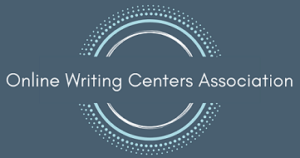Abstract
In a World Englishes (WEs) context, standard written academic English is a linguistic form that students often desire to learn but not necessarily to claim or even to use. At the same time, technological innovations have made it easier to expand the reach of English language teaching and learning, particularly in rural and under-served areas where unique varieties of English often abound. Writing centers can help multilingual students who hear many varieties of World Englishes and need to learn to write academic English, but in order to do this, writing center directors must guide their tutors on questions such as the following: In a digital environment, how can tutors engage L2 students in dialogs that are productive for academic writing? How can online tutors overcome comparisons that pit the many varieties of students’ writing against a hegemonic “ideal text”? What are the alternatives for responding to perceived errors of form? This article attempts to address these and other questions in terms of concepts that arise in language teaching generally, such as hierarchies of authority, linguistic appropriation, politeness, and response. This article focuses writing center directors’ attention on some of the challenges their tutors are likely to face when they try to help multilingual writers, and to show how digitally enhanced writing centers have the potential to address these challenges in WEs contexts.
Citation Information
Type of Publication: Journal Article
Authors: Lindsay Sabatino, Ben Rafoth
Year of Publication: 2012
Title: “World Englishes and Online Writing Centers”
Journal: International Journal of Innovation in English Language Teaching, Volume 1, Issue 1
Page Range: 75-85
